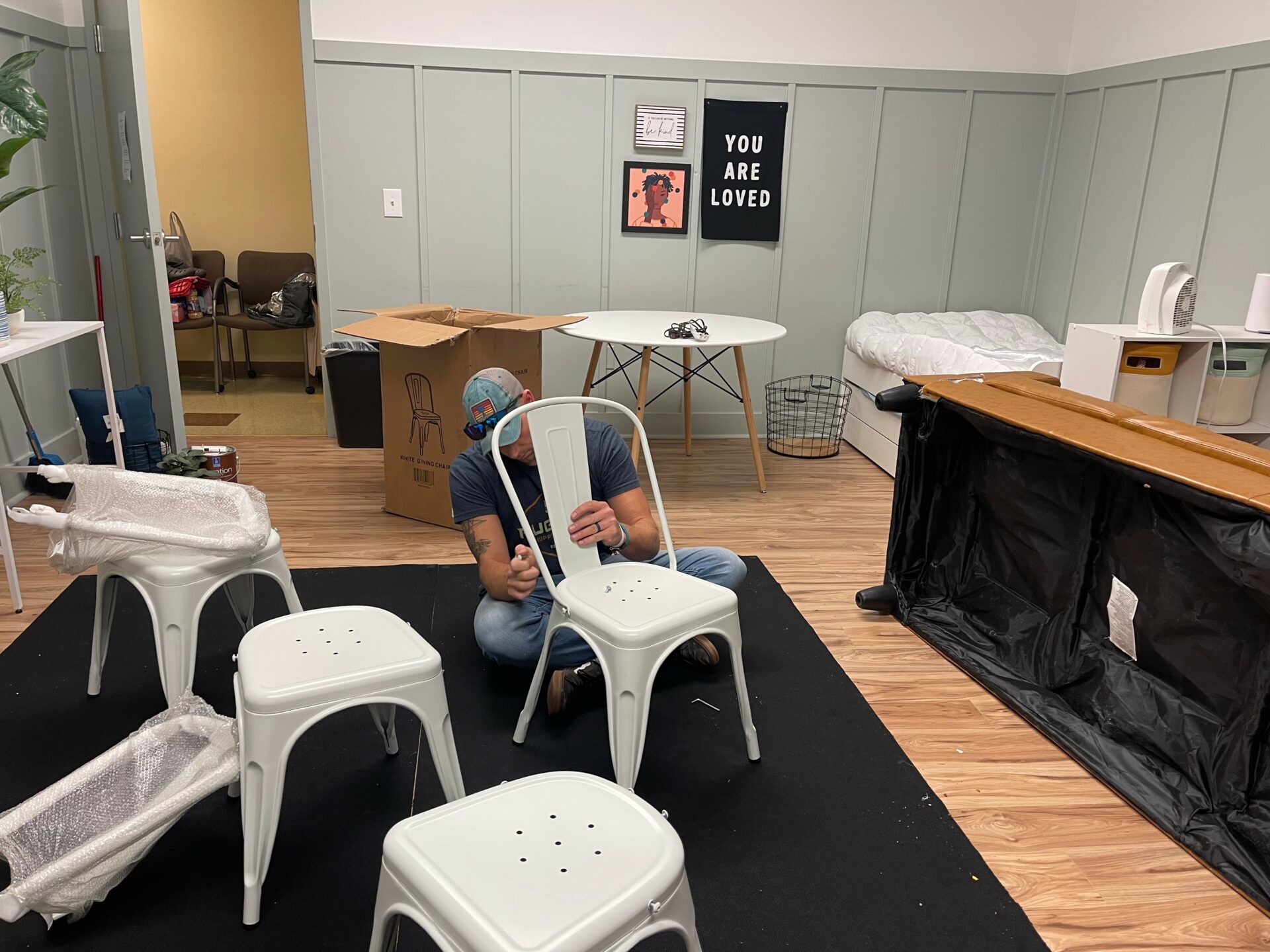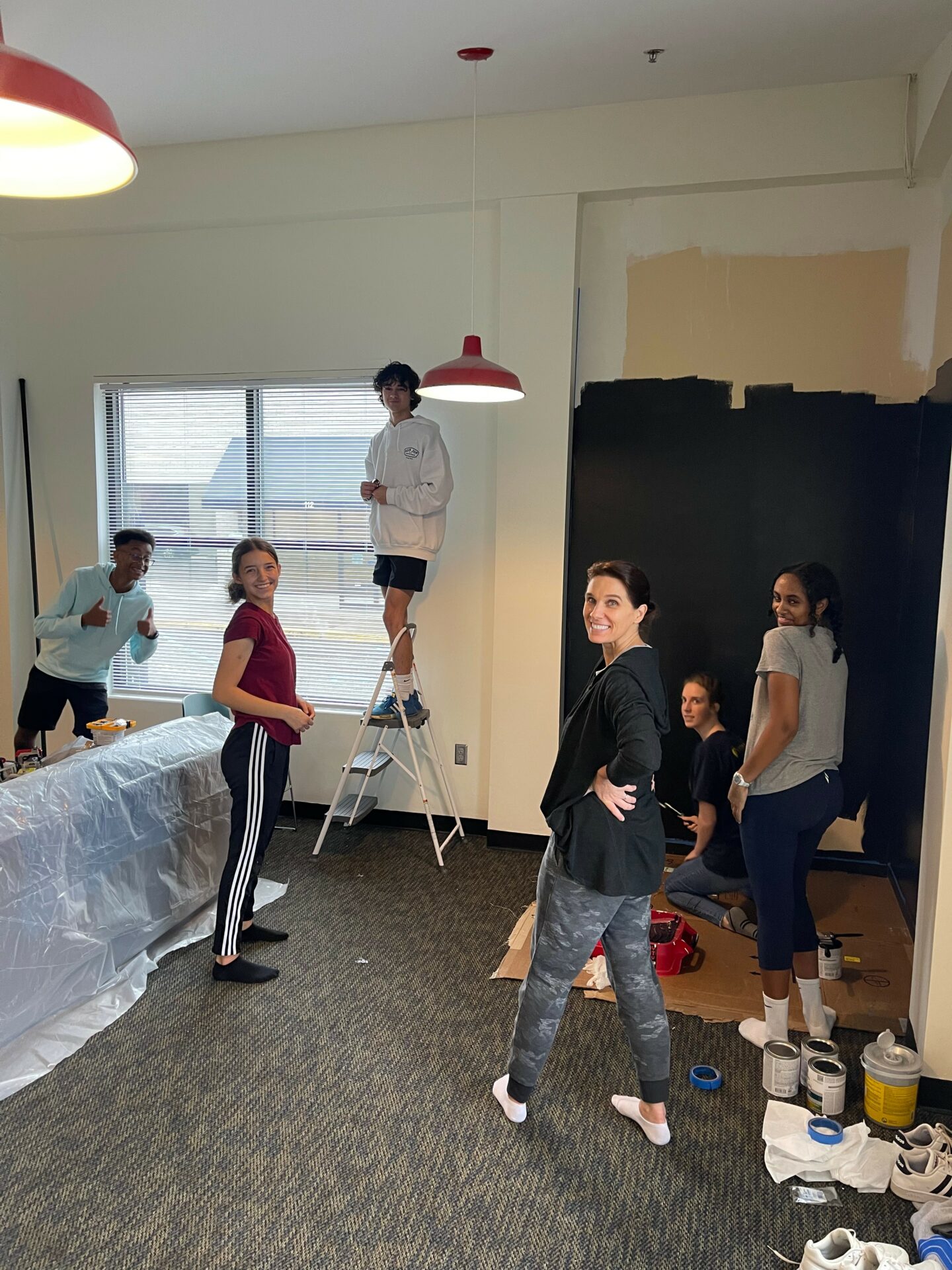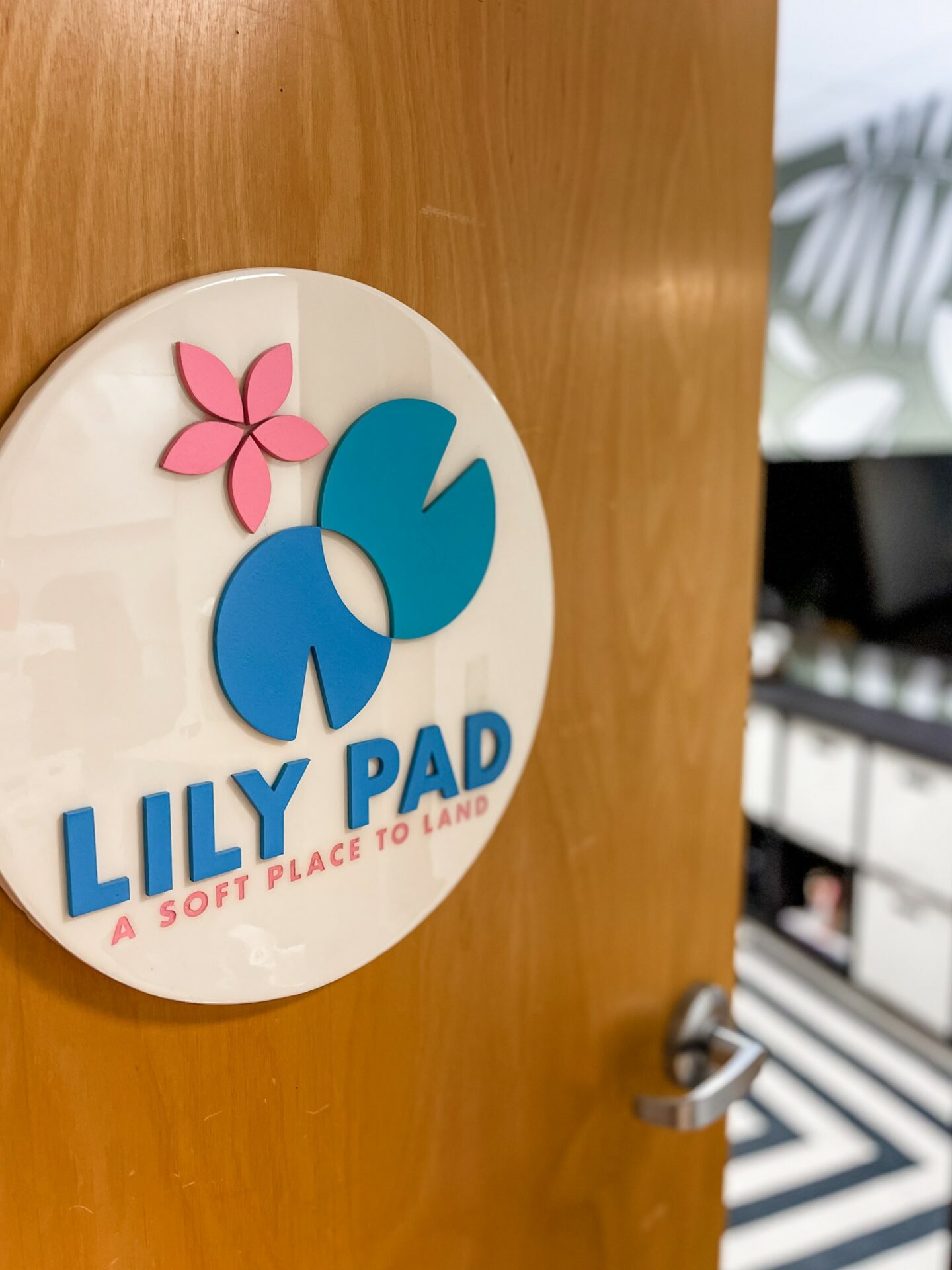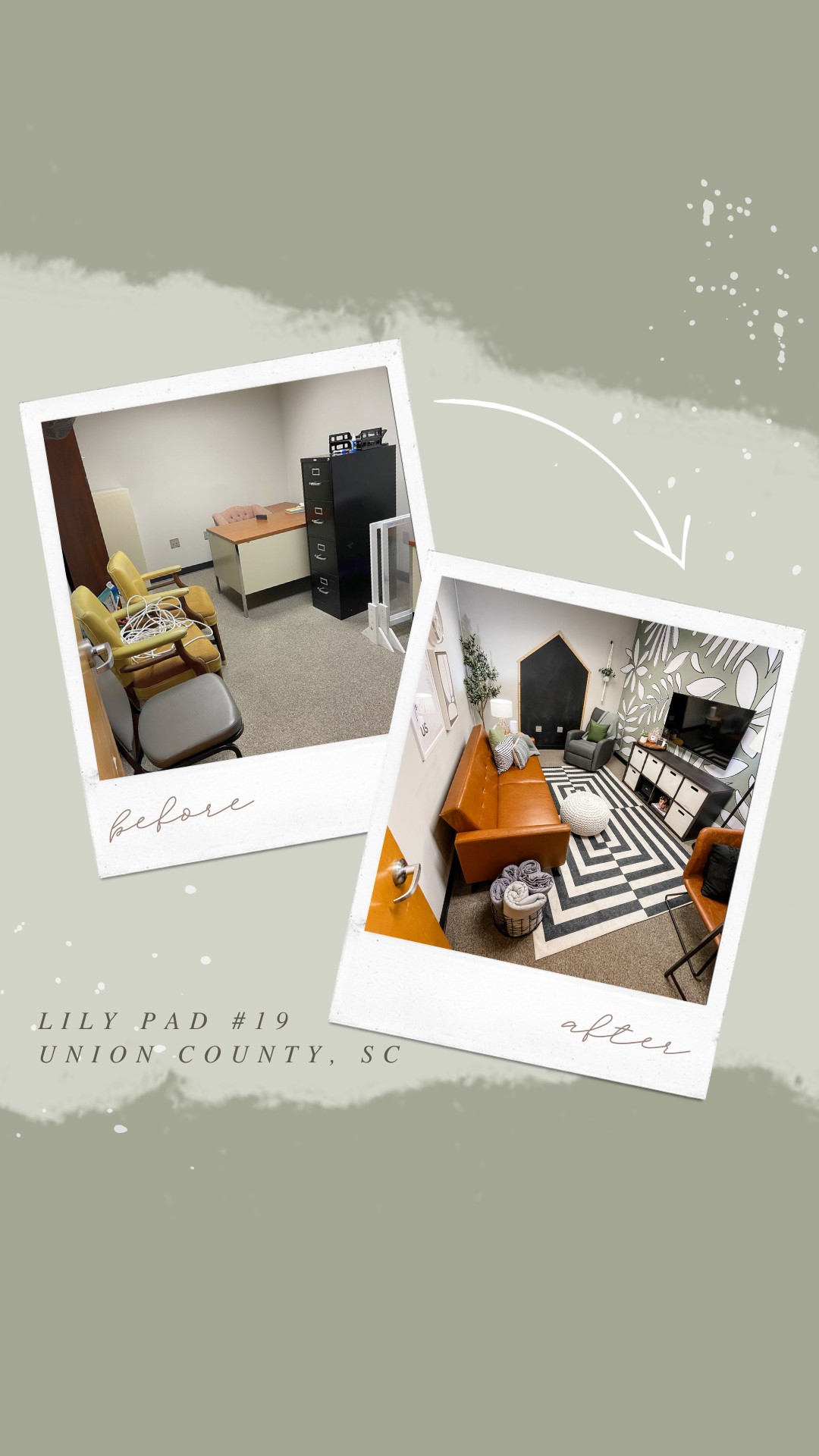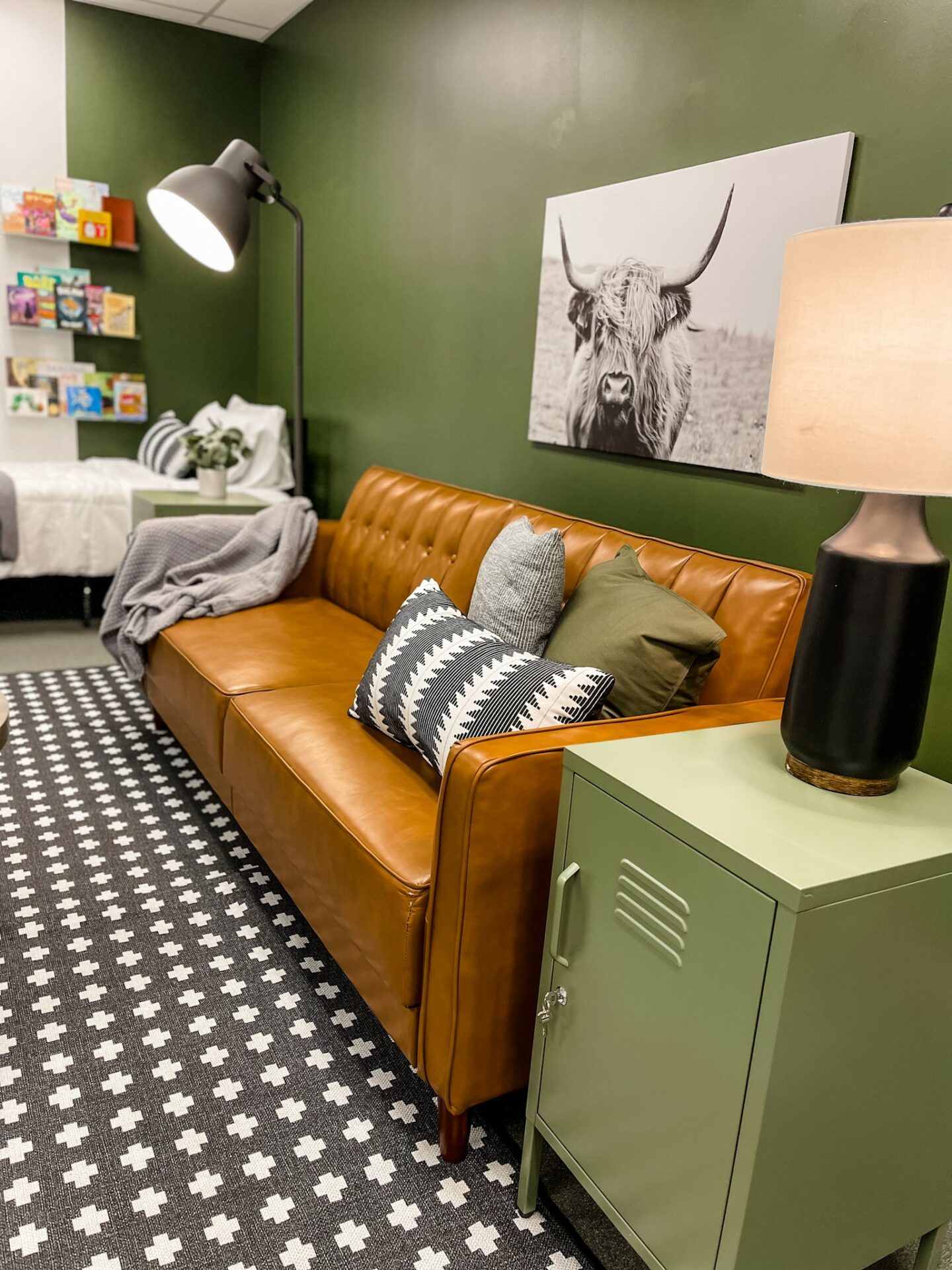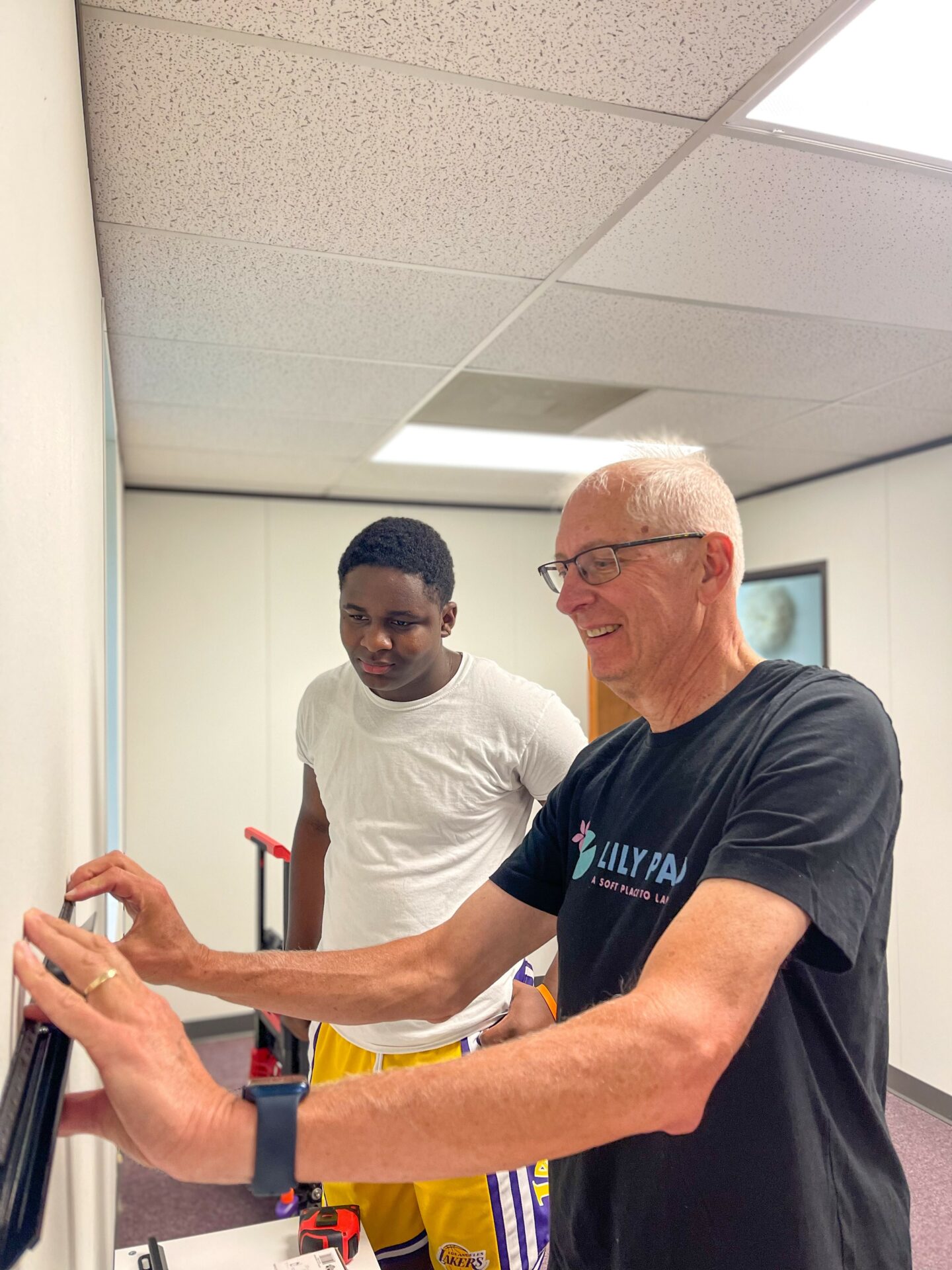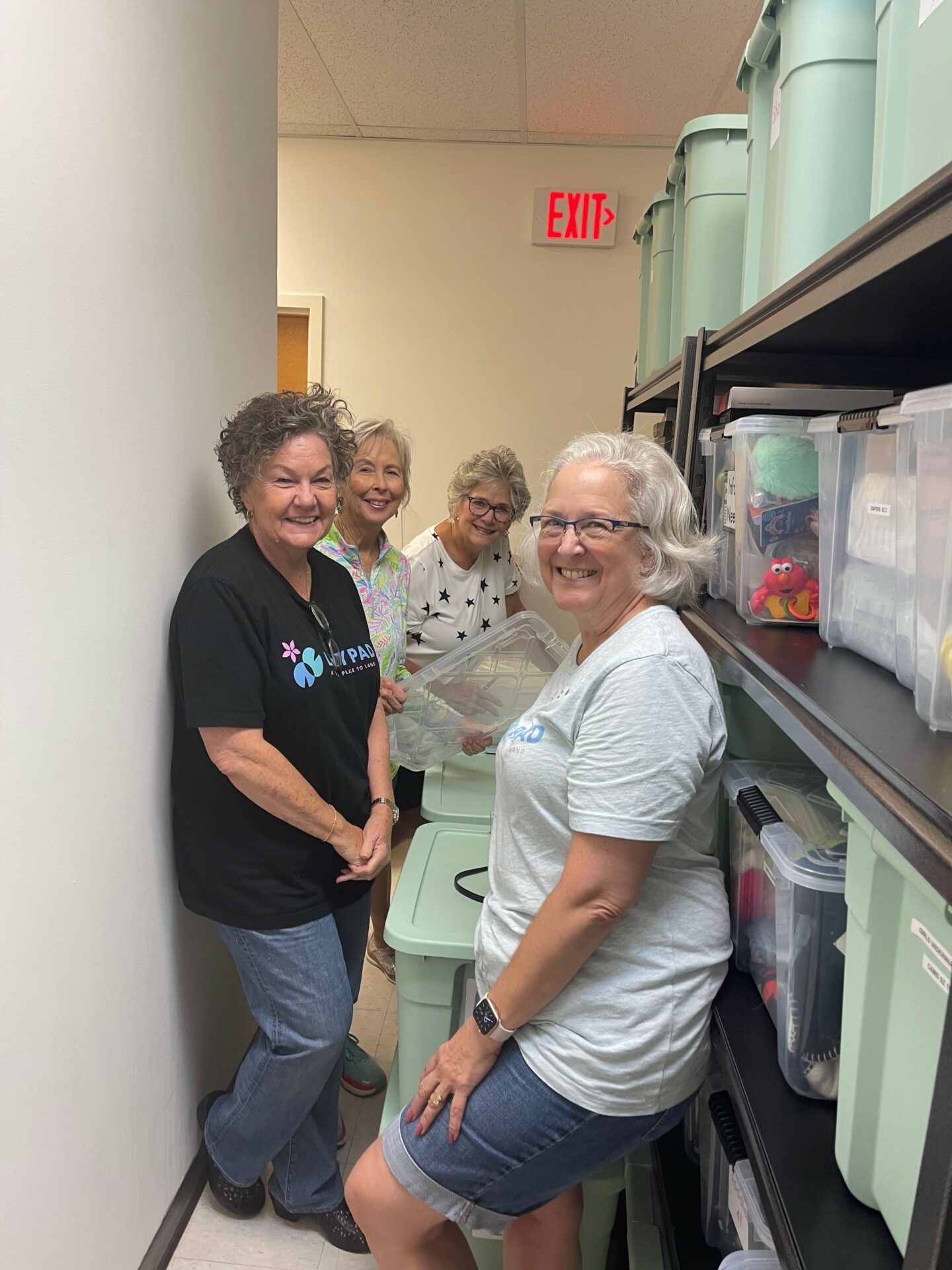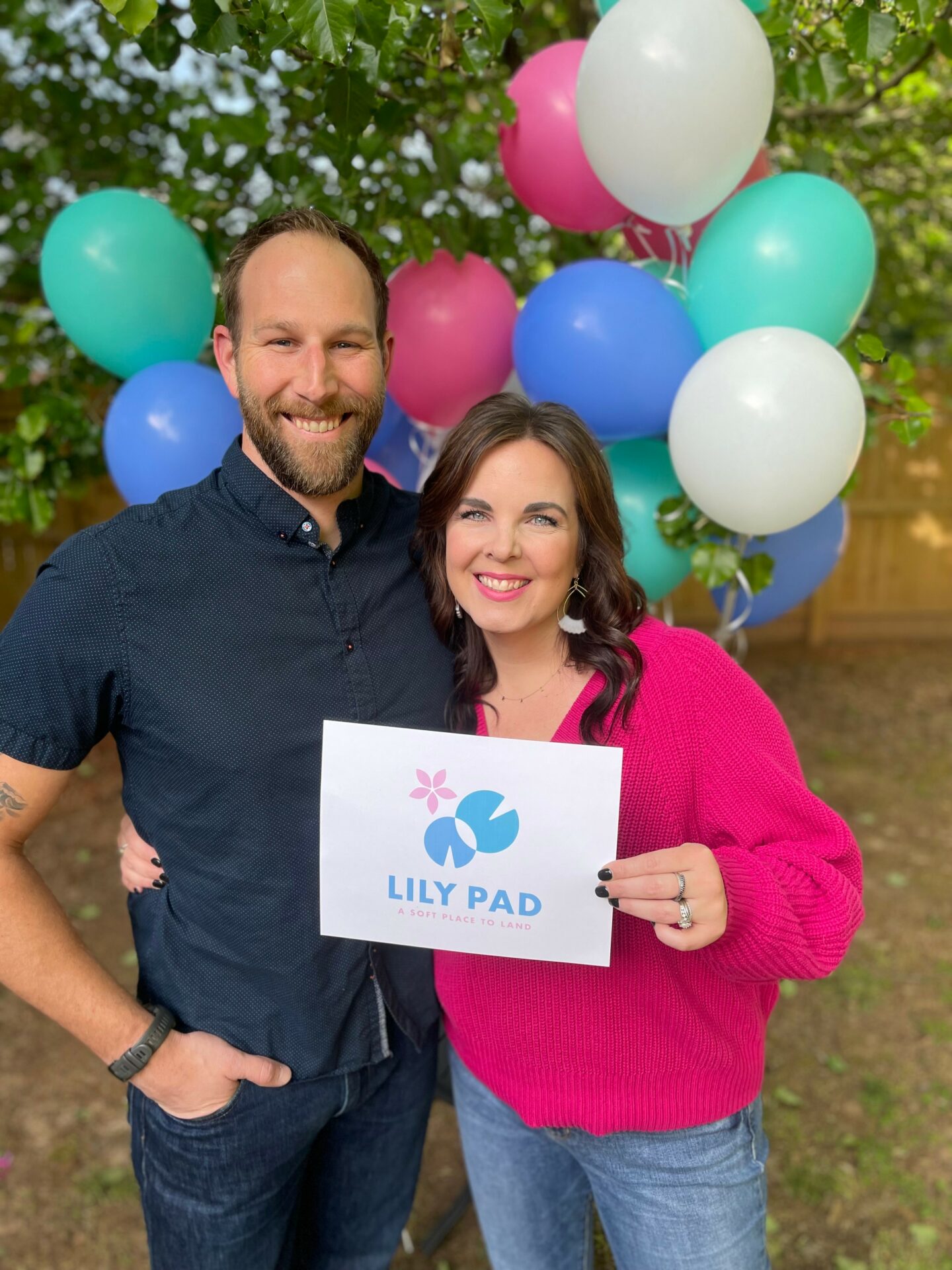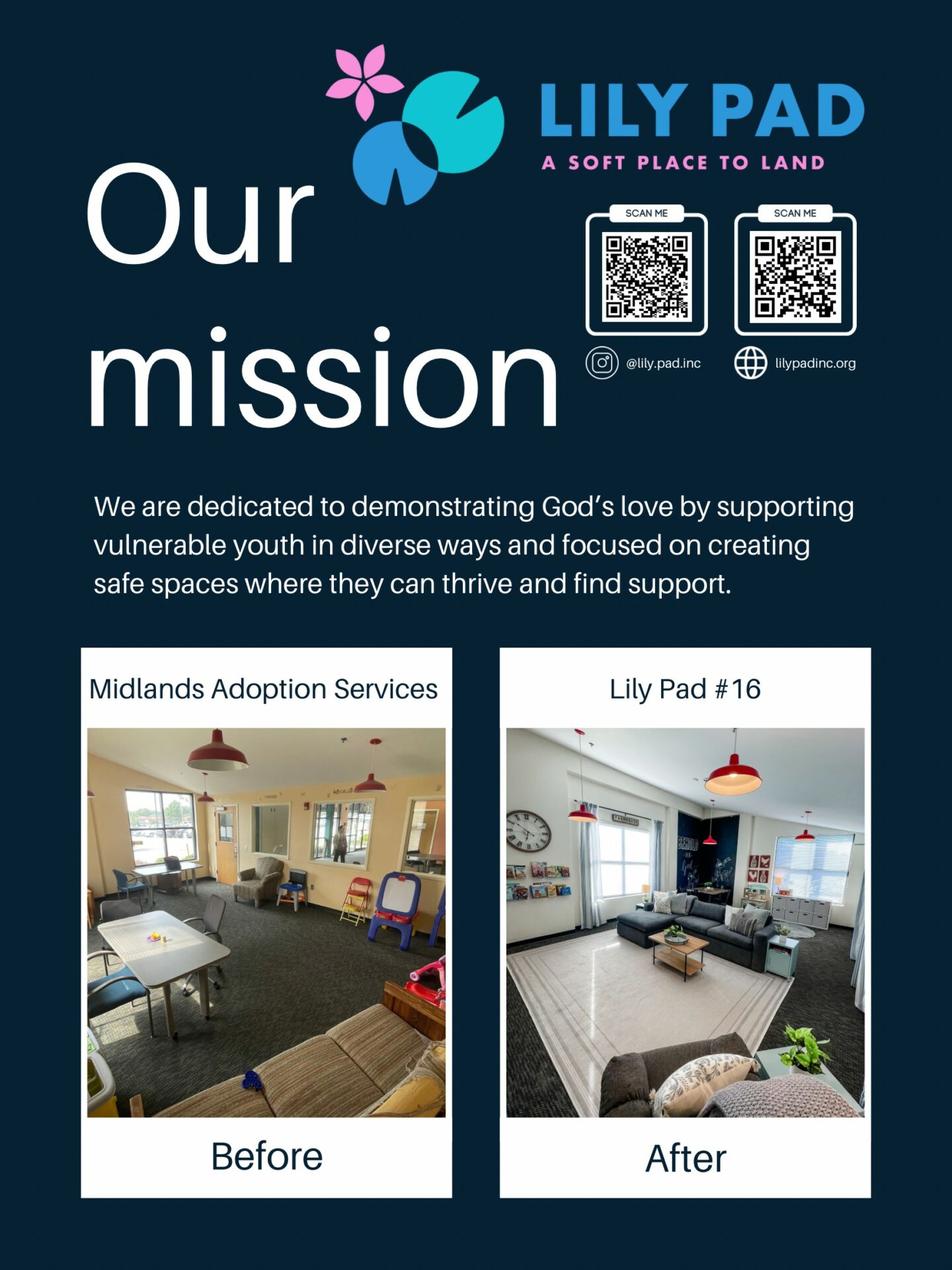Alright – so today we’ve got the honor of introducing you to Jennifer Tice. We think you’ll enjoy our conversation, we’ve shared it below.
Jennifer, so great to have you sharing your thoughts and wisdom with our readers and so let’s jump right into one of our favorite topics – empathy. We think a lack of empathy is at the heart of so many issues the world is struggling with and so our hope is to contribute to an environment that fosters the development of empathy. Along those lines, we’d love to hear your thoughts around where your empathy comes from?
For me, this answer is so layered. I think back to when I was a young girl, and I really think empathy was just engrained in me. I have always been the caregiver in different stages of my life. Growing up, I cared for my cousin Michael who was born with cerebral palsy. We are the same age. We attended the same schools (elementary-college), and I was his person. He struggled with fine motor skills, so his locker was next to mine so I could do his code. I often proctored tests for him where he would dictate the answers to me and I would write them for him. Loving him and having empathy for what his life was and would be like was just always there, and the deep love and empathy I felt for him was returned tenfold by the way he loved and cared for me.
Moving into young adulthood, my first job out of college was as a labor and delivery nurse. Opportunities presented themselves daily in that job role to further develop my empathy for others experiences . I worked in a hospital that served a wide range of patients from different socioeconomic backgrounds, providing essential medical services to those who may not have access to quality healthcare elsewhere. Myself and my coworkers worked tirelessly to ensure that every patient received the highest level of care and support, regardless of their financial situation or social status. While taking care of a homeless woman one night, I had the opportunity to sit and learn from her sister about the struggles and challenges she was facing as she strives to care for herself and now her sisters children. It was then that I seriously began considering foster care and how not only the children needed cared for, but their biological families needed support and a nonjudgmental/empathetic person to step into their lives and be of help to them.
Though I must admit, when we became licensed foster parents, it was then when I began to struggle to have empathy for a biological parent that was so lost in their addiction that they put the life/wellbeing of their children at risk. Being empathetic towards the plight of a baby born drug addicted, at no fault of their own, is 100x easier than having empathy for the adult parent that made those life choices that landed them with children in the child welfare system. For the first time in my life I was faced with having to work to find that empathy that had so often come so easily. I had to seek to learn their stories. I had to listen and reflect on what life choices or circumstances led to where they are today. I reflected on how privileged my life was, growing up in a two parent home, attending a private school, never worrying about where I would sleep or what I would eat, and having the opportunity to attend college straight out of high school. By taking the time to listen to the birth families of the children I was caring for in foster care, my empathy grew. I am not making excuses for their poor choices or decisions made that put children in danger, but I have learned that my role is not to be their judge but to protect their child and champion the recovery and reunification of this family.
Appreciate the insights and wisdom. Before we dig deeper and ask you about the skills that matter and more, maybe you can tell our readers about yourself?
After becoming parents in 2010, my husband and I were led to start fostering vulnerable children in South Carolina. Ben is a former law enforcement officer and I am a registered nurse, specializing in labor and delivery. We have three children, Rhys, Zack, and Eric and have parented 40+ children through foster care. In 2022, our family said goodbye to a foster daughter, Lily, we had raised for 27 months. Shortly before Lily was reunified with her biological family, God moved two girls into our home, ages 15 and 11. Those girls opened our eyes to what older children experience when placed in foster care. This new knowledge inspired us to start a nonprofit to serve vulnerable children and youth and name it after our foster daughter, Lily. And with that, Lily Pad: A Soft Place To Land was born. All children need a nurturing and supportive family and community to enable them to achieve their full potential. For vulnerable children who are exposed to child abuse and neglect, we need to ensure they are protected and supported so they can have the best chance in life. That protection and support starts with a comfortable space to rest and unwind during an uncertain time. One of the scariest times for a child in foster care is when they are first removed from their own home and waiting in an office for placement in a new home. A Lily Pad space can provide felt safety throughout those first hours and sometimes days of waiting, as well as comfort and familiarity any time a child has to be in the DSS office throughout their foster care experience.
Lily Pad is working to meet the needs of each individual office and the children they serve. The rooms may include a TV, gaming system, books, age appropriate toys, Ruggable rug, chrome books, rocking chair, weighted blankets, couches that can be made into beds, sensory bins, storage, desks, dining table, and trundle bed. Soft, clean, easily washable linens are provided in each space as well.
Our organization’s plan is to build a Lily Pad in each county in South Carolina by 2027, and begin to move into other states. When a child’s placement is moved, it is not unusual for them to move to different counties within the state, and they spend time waiting in different offices. Lily Pad spaces are growing to be a familiar space in each office where a child who is spending many years of their life in care can know what to expect… a place to rest, a place to play, a place to distract themselves from the difficulties of their everyday life.
The impact is what is most exciting for special and also how quickly the community and our state of South Carolina has rallied around us to make this a reality for youth experiencing foster care in South Carolina. We currently have 19 Lily pad spaces across the Upstate and Midland regions of SC since Lily Pad was established in March 2022.
There is so much advice out there about all the different skills and qualities folks need to develop in order to succeed in today’s highly competitive environment and often it can feel overwhelming. So, if we had to break it down to just the three that matter most, which three skills or qualities would you focus on?
Something I have learned because people tell me regularly is, I am very willing to admit what I don’t know and seek out people who are skilled in those areas to come alongside me. I am not looking to “remake the wheel”. There are many people who have gone before me to build nonprofits or businesses, and I seek to network and make those connections so I can learn from their mistakes and successes as I build Lily Pad.
Our experience as foster parents provided us with a huge knowledge base and respect from within the child welfare system in our state. We already had some connections as foster and adoptive parents that when we established an organization that would further help youth in foster care, child welfare leaders and advocates were more willing to take a meeting with us and believe we were going to do what we said we are seeking to do!
When it comes to something involving change within the child welfare system that will better the lives of youth experiencing foster care, I often won’t take the answer “no” as an absolute. My friends and family will probably tell you that I am also that way in different areas of my life too, but let’s not go there.
Maybe that no came from someone who didn’t have the ultimate authority to say “yes”? Maybe they are just afraid of change or happy with the status quo. Don’t be afraid to keep pushing and being the squeaky wheel for change. It’s much easier too, when you aren’t fighting for yourself but you are advocating for someone/or a population that is often overlooked or not given a voice.
Most important, surround yourself with people as passionate as you. I created a board of directors full of foster/adoptive parents, guardian ad litems, case managers, and people whose lives have been touched by foster care and adoption. But, I also sought to include people with different career experiences that would help in areas of experience I was lacking like… finance, entrepreneurship, business, interior design, or more advanced in age than myself and simply experienced more life than me.
How can folks who want to work with you connect?
Current and former foster youth make up 20% of our incarcerated population, 60% of our human trafficking victims, and 50% of our homeless population. THIS is why we need the community to partner with us. Foster care impacts everyone. We are seeking nonprofit business partners from within our community who want these children to know they are valued and loved, and therefore make them less apt to be victims. If businesses from within our community will partner with us on an annual basis, we can work together with our community by building new programs that further our collective vision.
We are a young nonprofit organization with a vision for “a community that embraces its most vulnerable members, ensuring that each child in foster care has an opportunity for a healthy, successful life, and access to a support system that fulfills their physical, mental, emotional, and spiritual needs.”
Regular funding and volunteers from nonprofit business partners within our community will enable us to seek to grow new programs that help to fulfill this vision. Some of our programs that we seek to move into are mentorship opportunities, such as job training for youth aging out of foster care and mentorship for foster youth seeking to further their education. We’d like to have a thriving volunteer program within our Lily Pad spaces that provides for the needs of children and youth as they are entering foster care by providing meals, clothes & shoes, and helping to reduce trauma during a very traumatic time in these young ones lives.
Contact Info:
- Website: LilyPadInc.org
- Instagram: https://www.instagram.com/lily.pad.inc?igsh=ZjRoZDY0a2NnOHlz&utm_source=qr
